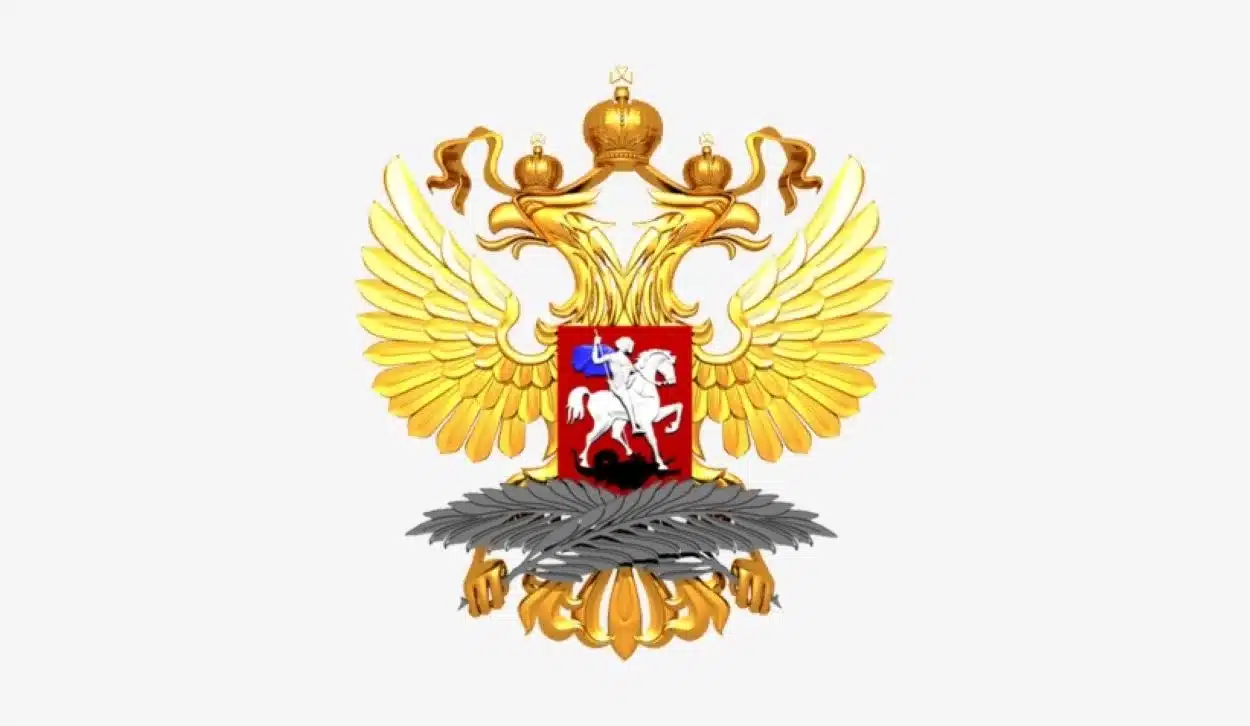In a significant development in international relations, Russia’s foreign ministry has instituted stringent travel restrictions impacting British diplomats within the country.
The new rule mandates that most British diplomats, excluding the ambassador and three senior officials, submit detailed travel itineraries at least five days ahead to venture beyond a 120-kilometre “free movement zone.” This move is seen as a reaction to the perceived support of the UK for Ukraine amidst the ongoing dispute with Russia.
“The Vienna Convention, recognized by both nations, guarantees accredited diplomats the right to move freely and travel within its territory,” said an official spokesperson. Despite this, Russia’s new rule hampers the ability of British diplomats to execute their responsibilities efficiently due to limited mobility.
Contrary to the Russian foreign ministry’s description of the meeting with the UK’s interim charge d’affaires as a “summoning,” the British Foreign Office asserts that the UK initiated the meeting. The Foreign Office has yet to respond officially to Russia’s latest action.
The Consequences of Diplomatic Restrictions
The implementation of travel restrictions is one method of complicating the lives of diplomats, thereby exacerbating the already tense relations between Russia and the United Kingdom. Although permissible under the Vienna Convention, such limitations impose bureaucratic obstacles and increase scrutiny on diplomatic personnel.
Diplomats have previously faced visa delays and surveillance challenges as host countries closely monitor their movements. These practices are prevalent in authoritarian regimes, leading to a challenging environment for diplomats.
Russia’s foreign ministry has accused the United Kingdom of “hostile actions” that hinder the operation of Russian diplomatic missions in the UK, thus intensifying the strained relations between the two nations. The situation remains volatile.
This introduction of travel restrictions significantly impacted the operations of British diplomats stationed in Russia, marking a crucial turn in relations. The diplomatic community will likely examine the motives behind such a move closely.
These restrictions reflect the escalating tensions between the two nations. If not addressed constructively, the situation could further deteriorate international relations.






